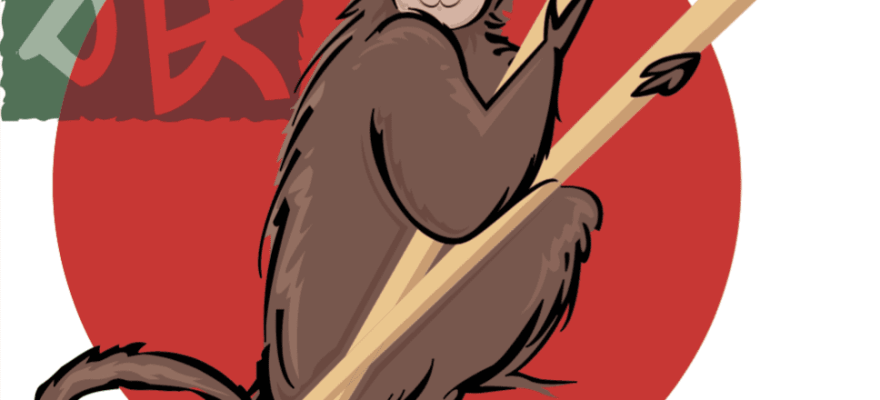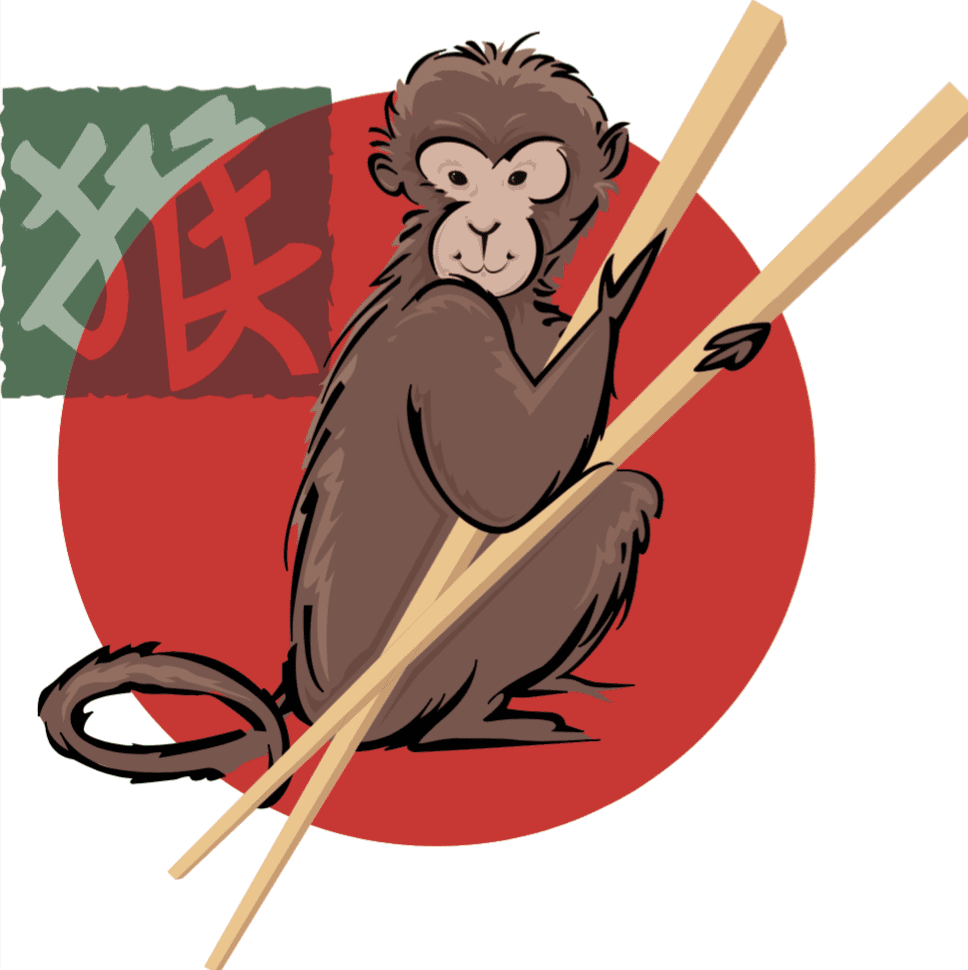

Japanese taiko drumming and rice pounding, Korean kite-making, Chinese lion dancing and dumplings, Himalayan mandala-making and butter sculptures, Persian songs, moon-gazing and more: New Year’s celebrations throughout Asia are as varied and wondrous as the countries and cultures themselves.
Though individual Asian countries have unique practices celebrating the New Year, many common themes cross borders and unite peoples all over Asia. In Japan, China, Korea, Iran, Tibet and other countries along the Himalayas, the New Year is seen as a chance to start afresh while paying respect to traditions. Families clean their houses and take care of any unfinished business before the year begins. New Year’s celebrations are held from three to fifteen days, and incorporate elements of spirituality, rituals for good fortune, honoring one’s ancestors and the importance of family in addition to the larger community.
Japanese people take trips to Buddhist temples to pray and hear the 108 bells that ring out symbolizing the different types of sins humans are said to commit, followed by visits to Shinto shrines on the first three days of the New Year. In Korea people perform the ch’arye (ancestor veneration ceremony) and sebae (ritual greeting of parents and grandparents), and families eat rice-cake soup and play traditional games such as yut nori (a board game) and chegi ch’agi (hacky sack). The Himalayan New Year, Losar, draws largely from Buddhist ceremonies though the festival predates the introduction of Buddhism to the region. People of Persian ancestry honor their ancestors’ spirits in part by creating beautiful altars and dressing their children in shrouds.
Drawing on various regional folk cultures, Chinese New Year practices have influenced several countries in Asia. Some traditions recognize the past and prepare for the future, such as ceremonial house cleaning or when young people kneel before their grandparents to receive a red envelope filled with blessings.
Many rituals make use of loud noises and music to expel the bad luck associated with the past year. Banging on pots and pans in Iran and Central Asia is believed to drive away evil spirits of the past year. Similarly, China celebrates with fireworks and lion dancing accompanied by loud cymbals, gongs and other percussive instruments. Japan celebrates with a lion dance as well, but it is accompanied by more melodious court music compared to the rhythmic drive of other countries.
“Traditional food is also an integral part of the New Year’s celebration across the Asian countries,” says Japan Society’s Kazuko Minamoto. “In Japan, it is customary to eat mochi, or rice cakes, as well as a variety of traditional dishes known as osechi.” The Korean New Year is celebrated with rice cake soup, and the Himalayan Losar includes the drinking of Chaang beer and the eating of ghutuk (dumpling soup).
Because time is measured differently across Asia, the dates New Year’s is recognized vary greatly. Norouz, the Persian New Year, always falls on the Spring Equinox. Chinese New Year is also marked by the emergence of spring, occurring on the second New Moon after the winter solstice. In contrast, since the Meiji Era, Japan has marked its New Year by the Gregorian calendar, while Koreans celebrate by both the solar and lunar calendars.
2016 marks the Year of the Monkey for the countries that recognize the 12 year zodiac cycle, including Japan, Korea and China. The Japanese word for monkey is saru, and there is much lore surrounding the monkey in Japan. Click here to learn more about the Chinese zodiac cycle.
Information provided by Japan Society. Click here to see their schedule of CelebrASIA events, a three-month long series encompassing pan-Asian cultural traditions launches at Japan Society on Sunday, January 24, with New Year’s Celebration: Oshogatsu, and continues through March in Manhattan and Queens.

